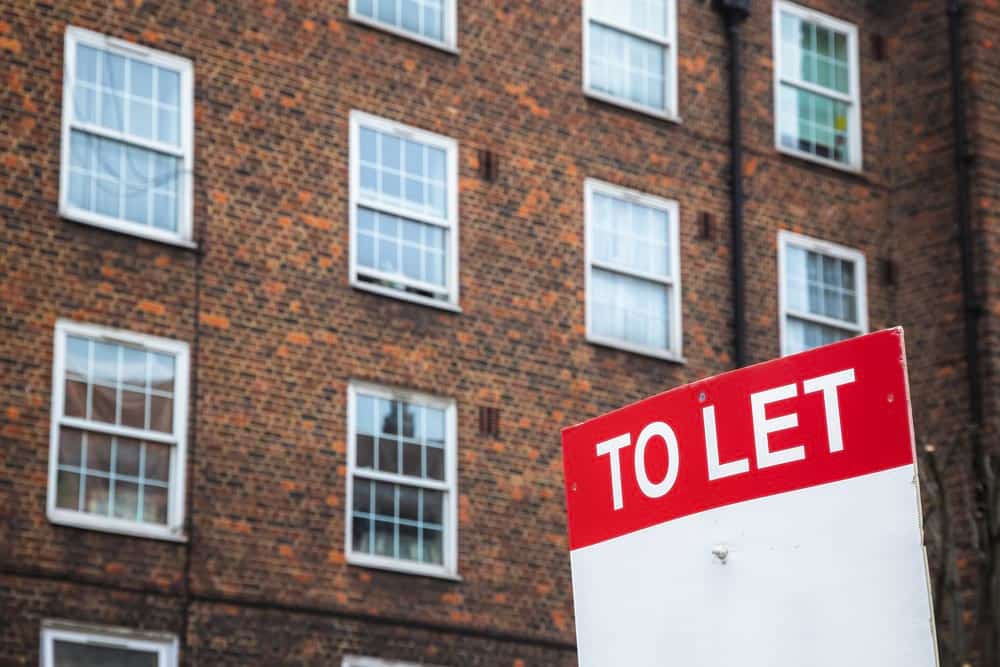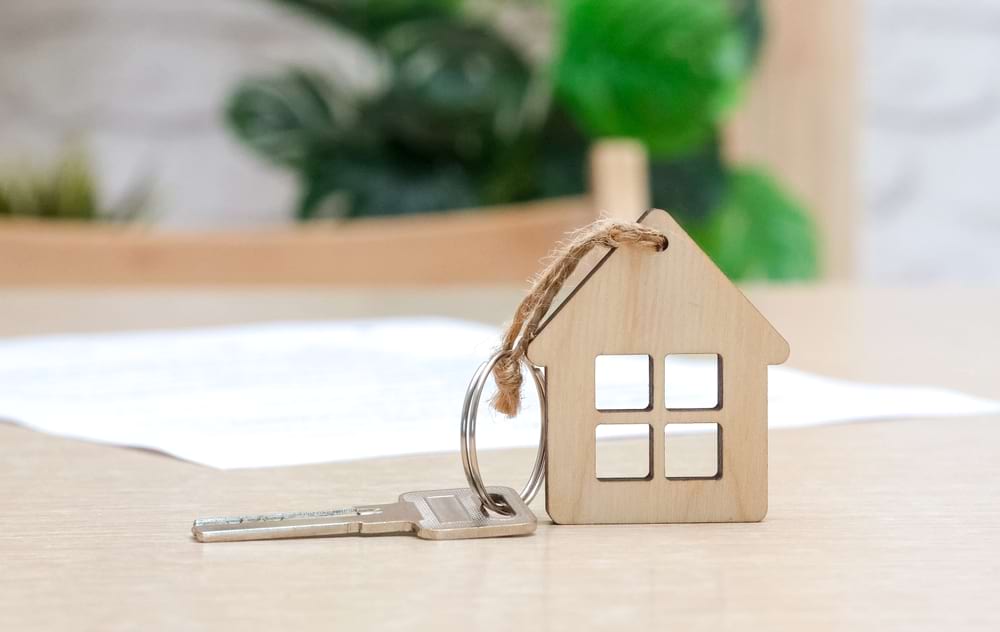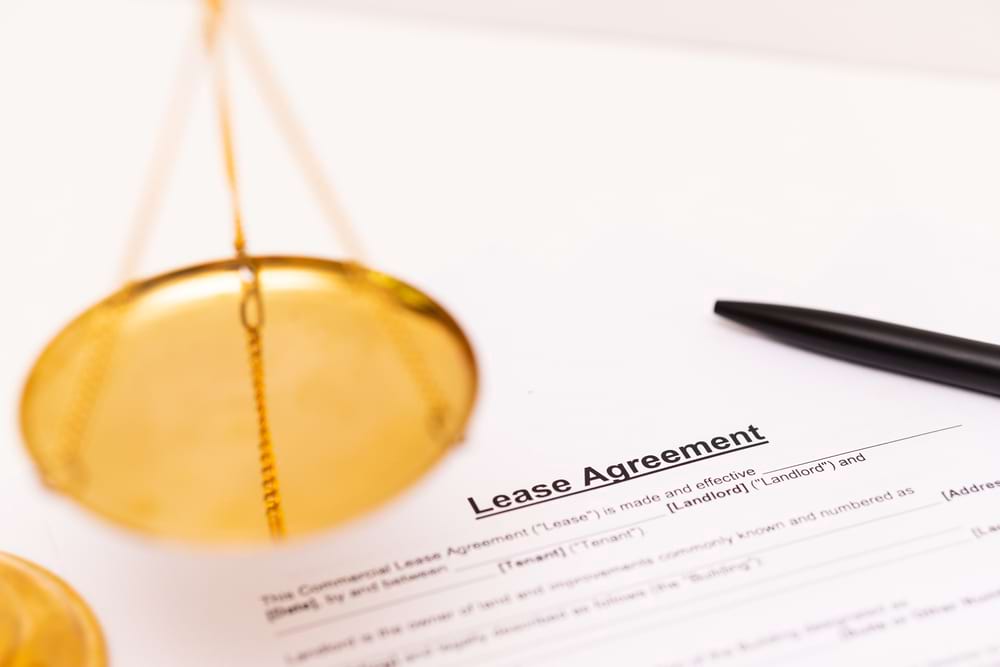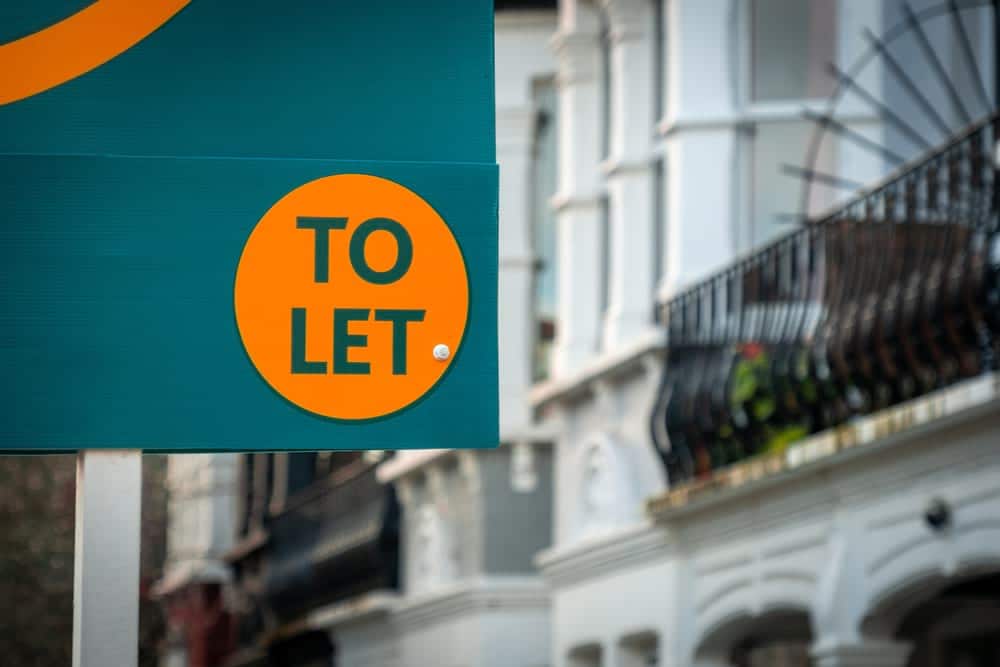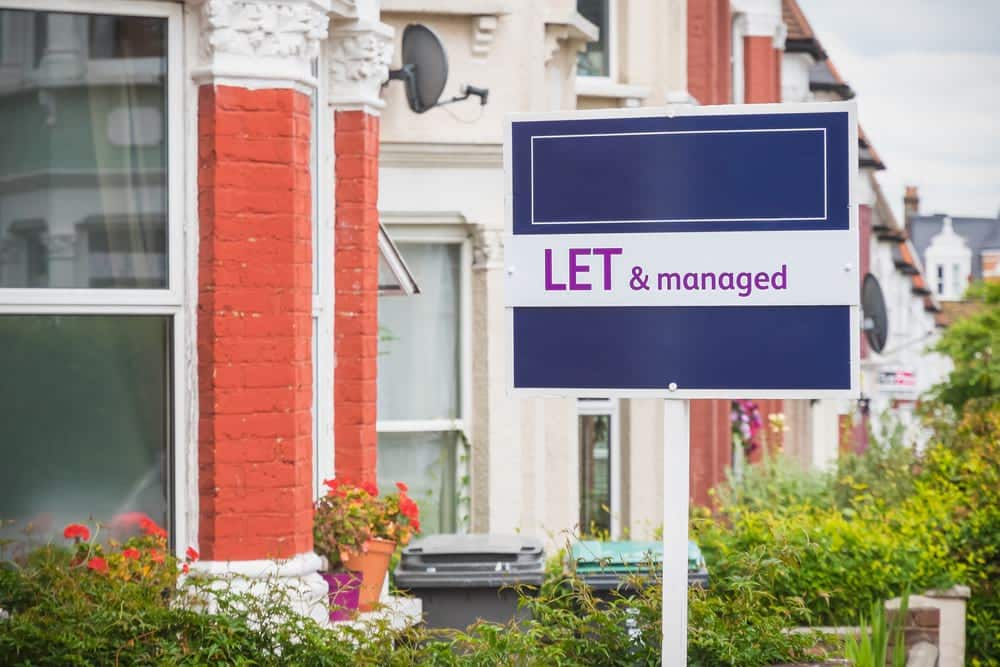As a tenant, having a good relationship with your landlord is valuable.
After all, your home is their property, and they have the keys to it!
But a good relationship is unlikely when you don’t know who they are.
If you’re in this position, read on to learn about requesting a landlord’s details.
Do tenants always know who their landlord is?
No, not always.
Perhaps you’ve only dealt with a letting agency, or your landlord has changed while you’ve lived there.
You might even unknowingly be a subtenant…
In short, several circumstances could lead to you being in the dark about who your landlord is.
Can you request your landlord’s details?
Yes. A tenant has the right to know the name and address of their landlord.
There are several methods to get this information, which we’ve outlined below.
Ways to find out your landlord’s details
1. Check the tenancy-related documents
Your landlord’s details are often included in the tenancy agreement. Get a copy of this document and see if it appears.
Other tenancy documents might include their details. Examples include:
- Gas safety certificates
- Energy Performance Certificates (EPC).
2. Ask your letting agency
You have the legal right to ask your letting agency for your landlord’s details.
You could write a letter to them so you have a clear paper trail. They have three weeks to give you their name and address in writing.
3. Ask your council
You could ask your council for details about your landlord. They might have a record of this, especially if you live in social housing.
4. Check the Land Registry
If you search the land registry, you might find this information there. This usually involves a small fee (£3) to download the Title Register.
5. Check with their bank
The bank account used to receive payments could also list the landlord’s details.
Reasons to want to know your landlord’s details
You could want to know your landlord’s details for numerous reasons.
To serve a notice to your landlord
You should notify your landlord that you’ll be leaving the property. You are legally obligated to do this and thus need their details.
You could also go down this route if the letting agency they’ve appointed is ineffective.
To bypass the landlord on property issues
Perhaps your landlord is ignoring or slowly responding to the issues you have raised.
For example, they might be ignoring your request for an inspection or enquiries about decorating the property. You might try to go around them.
Whether this is the ethically right course of action is a separate matter altogether.
For clarification of tenancy status
You could seek this information if you need clarification on whether the property is being legally let/sub-let.
Confirming the landlord’s details can shine a light on this situation.
To bypass the sublessor
You could also contact your landlord if you’re a subletter.
Perhaps the sublessor (the person letting you the property) is misbehaving or violating your rights as a tenant. You could go over their head and speak to the landlord directly.
Peace of mind
You’ll often want this information even if you don’t need to communicate with your landlord.
It can provide peace of mind and legal compliance to know their details.
What happens if your can’t track down your landlord?
If you can’t track down your landlord, you should contact the Citizen’s Advice Bureau, or go directly to HM Revenue and Customs (HMRC) for guidance.
The letting agency is legally required to give you the landlord’s details within 21 days of your request. If they don’t, they are breaking the law.
Contact HMRC if you meet the following conditions:
- Your landlord lives outside the UK
- You pay them £100 or more a week in rent directly.
Can I find out more than the name and address of my landlord?
You have the legal right to know who your landlord is, and their registered address. But information beyond this is not a given right by law.
Some of these extra details might already be available to you. You could have their bank details if they are where you submit payments.
And if you’ve met your landlord before, miscellaneous details could’ve come up in conversation.
How can I complain about my landlord?
You can complain about your landlord if you’re unhappy with their behaviour. Perhaps they aren’t answering your calls or are refusing to make repairs.
As a first step, try to speak to your landlord to solve the issue. Stay calm and explain your concerns.
If this doesn’t work, make a formal complaint by writing a letter to them. We’ve outlined above how you can find their address. Keep a copy of this letter.
You should then contact your local council with your complaint. Once again, write a letter and keep a copy.
If this doesn’t work, you could take legal action. Find a legal expert who can help you with this.
They can guide you on the next steps and the associated fees. They should also outline a best and worst-case scenario.
